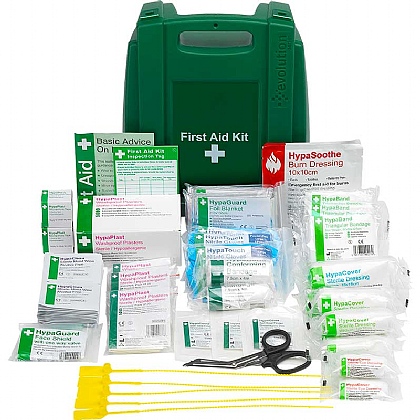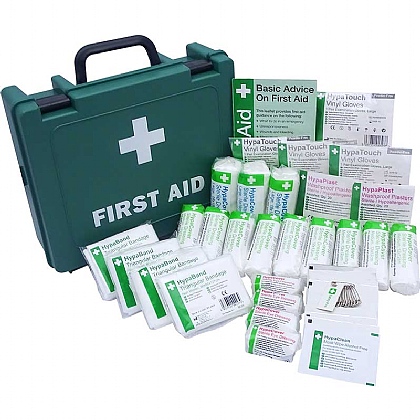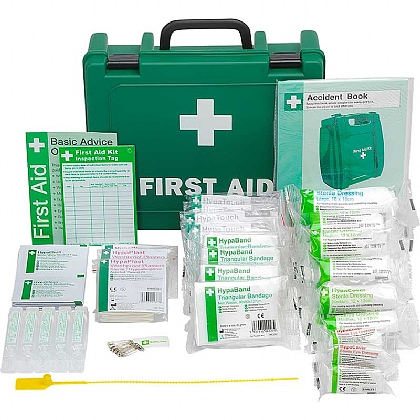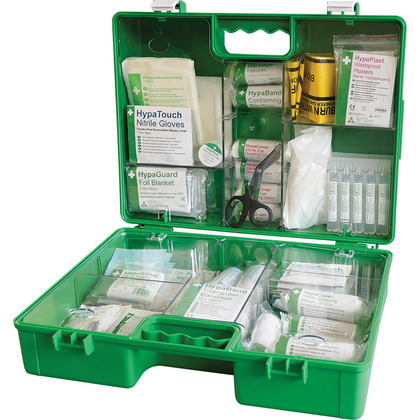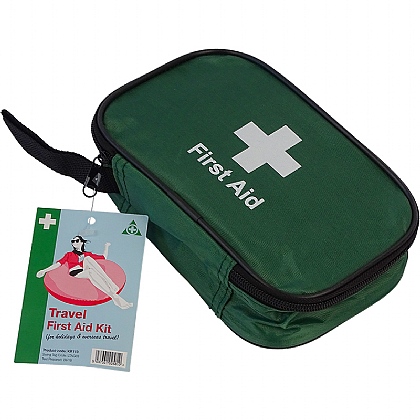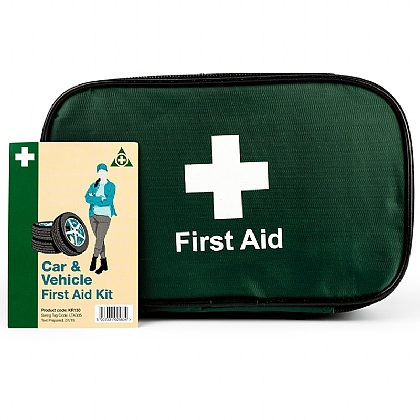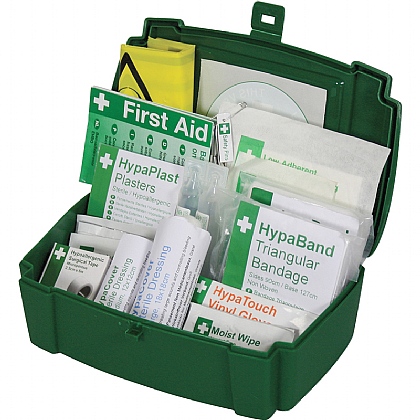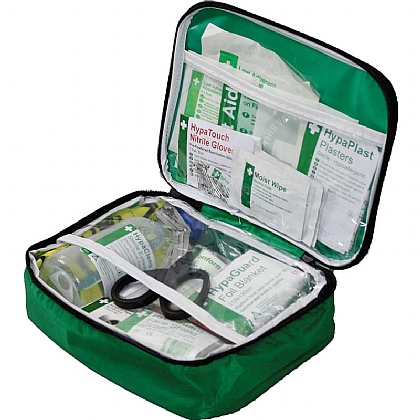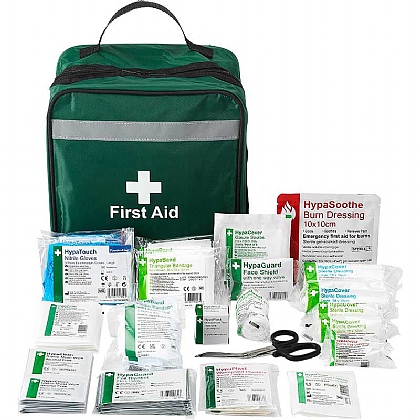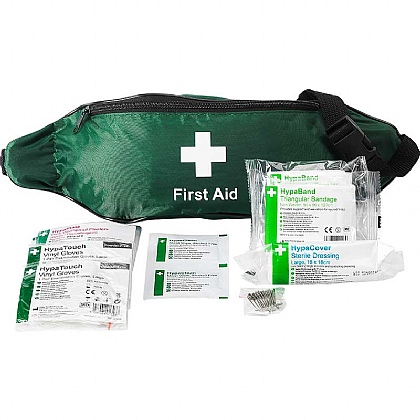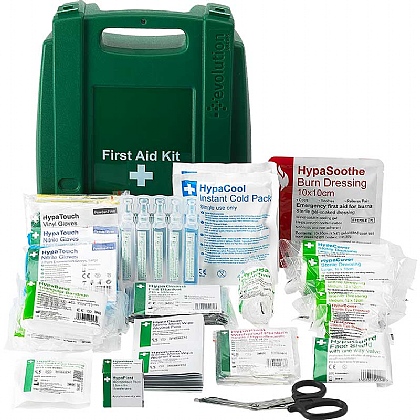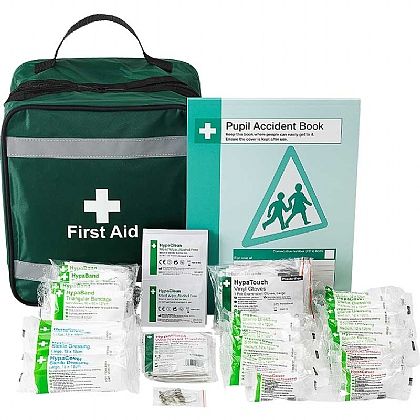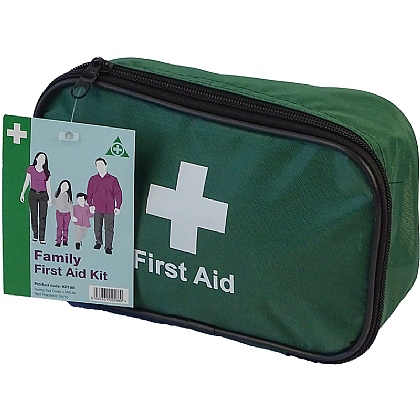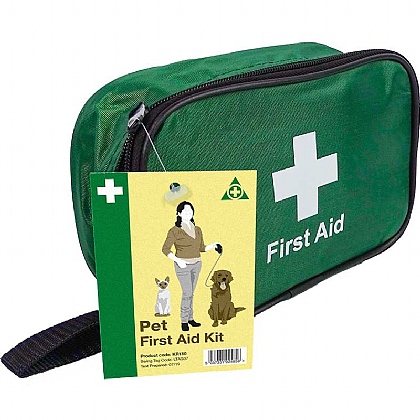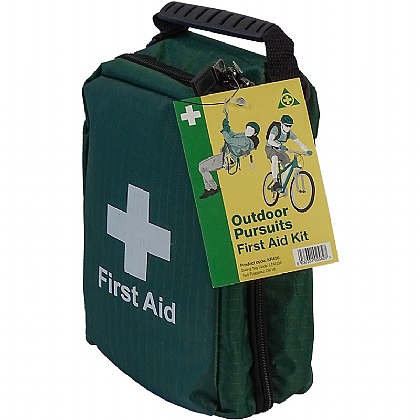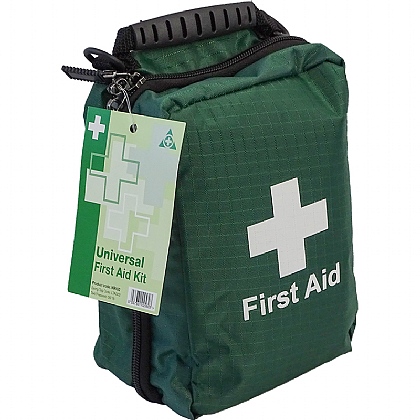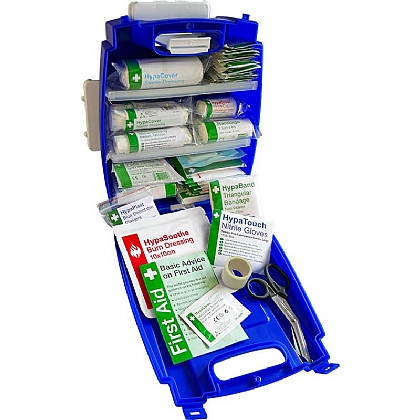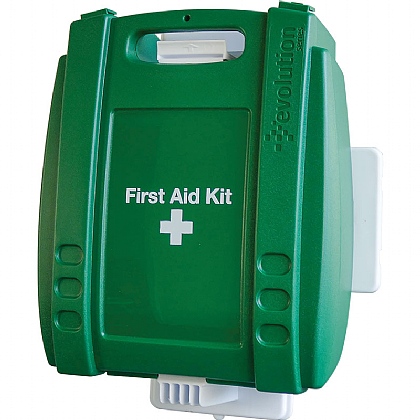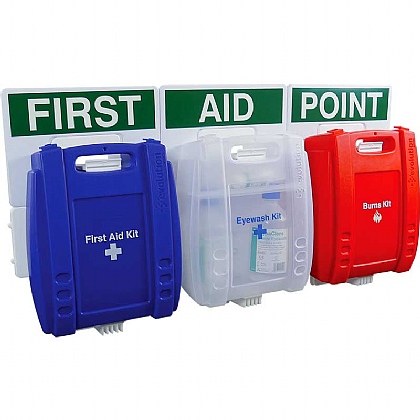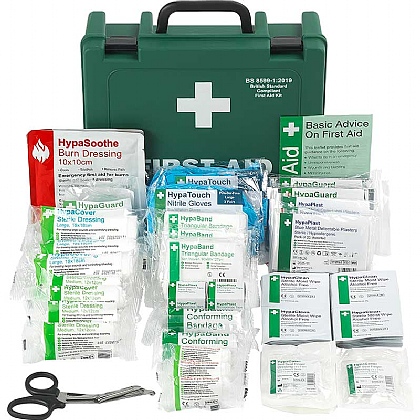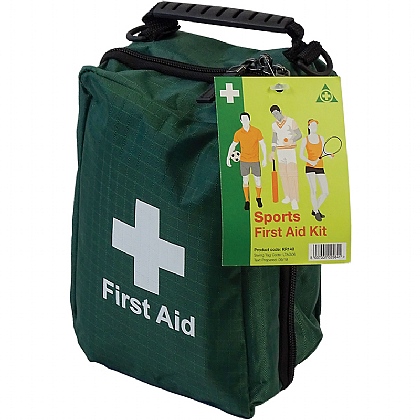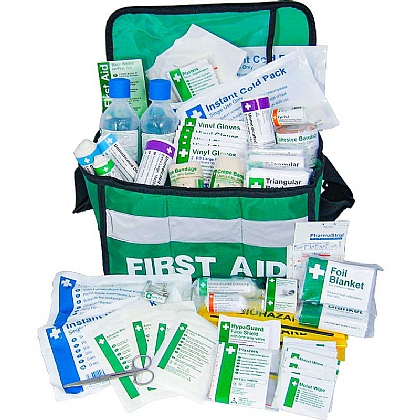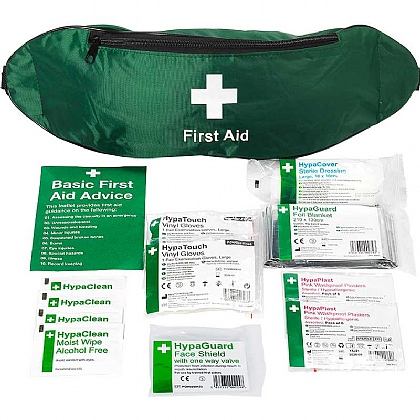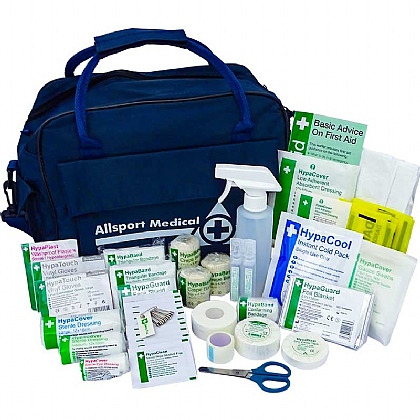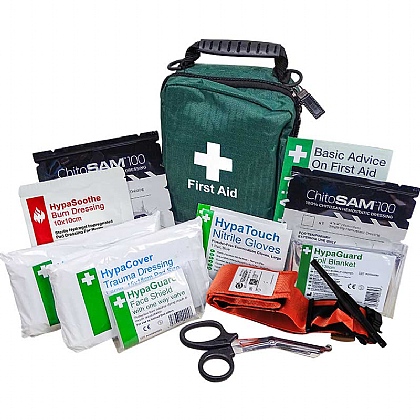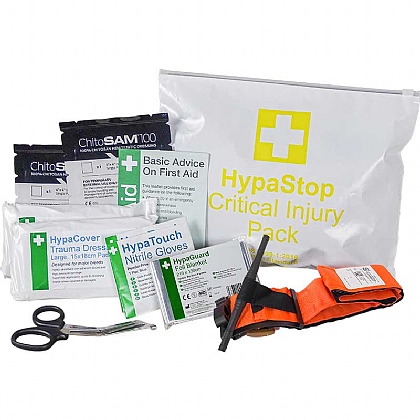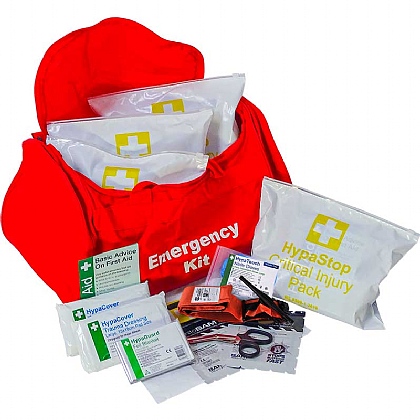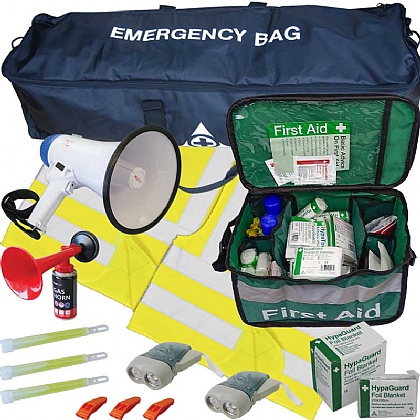
A suitable first aid kit is a must-have in the workplace, at home or on the go. First aid is vital for rapid response to accidents and injury, buying you valuable time in an emergency and ensuring dangerous situations don’t worsen while you’re waiting for advanced medical care.
Kits come in a multitude of shapes and sizes, with specific considerations included for various environments and industries – with so many kinds of specialised medical supplies, the list of kit types is extensive.
How many types of first aid kits are there?
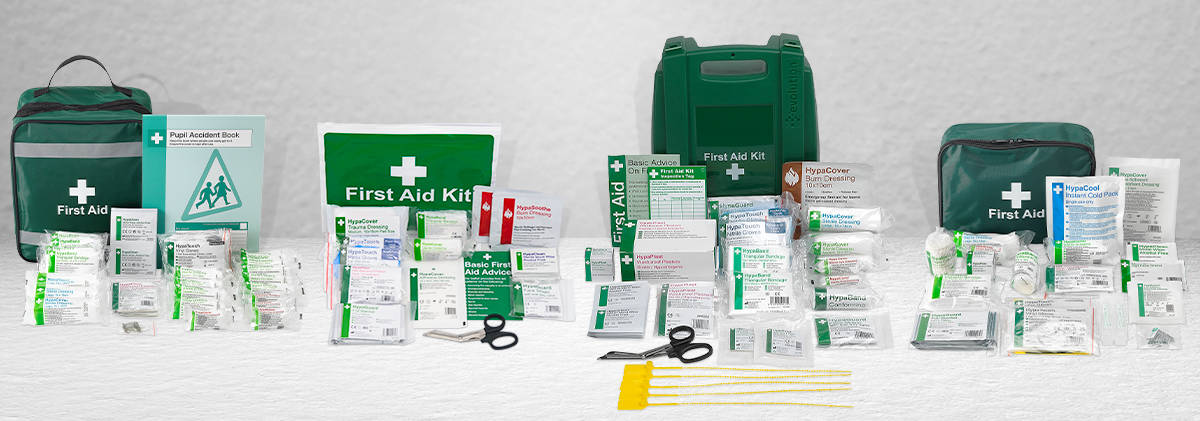
Firstaid.co.uk offers an extensive selection of first aid kits to cover every environment and industry with special considerations. Most workplace kits, whether specialised or general, will come in three sizes (small, medium and large). The size of first aid kit you need in your workplace is determined by many factors and is ultimately dictated by your risk assessment.
Most workplace kits are compliant with either the HSE or British Standard regulations for kits contents. Read our blog to learn more about the difference between HSE and British Standard first aid kits.
Safety shouldn’t only be a consideration at work. Outside of the workplace, we also offer first aid kits for the home, first aid kits for travelling and vehicles, and we even offer first aid kits for sports and other leisure activities!
Workplace First Aid Kits
An appropriate workplace first aid kit is a legal requirement for any place of employment. A general workplace first aid kit is appropriate for the majority of offices and other work environments and will include the most used first aid supplies like plasters, bandages and moist wipes.
Travel and Vehicle First Aid Kits
A vehicle first aid kit is a legal requirement for passenger vehicles and a must have for your personal vehicle, too. These kits come in a variety of shapes and configurations to serve cars, motorcycles, trucks, vans or buses. A travel or holiday first aid kit is also an important consideration when taking trips abroad.
School First Aid Kits
Early years education providers, schools and colleges are also considered workplaces and are therefore legally required to have an appropriate first aid kit. School first aid kits, however, have specific first aid supplies designed to treat common injuries for both students and faculty at school. For this reason, a specialised first aid kit will always be better than a general workplace kit at school.
Home First Aid Kits
The home is statistically the most likely place for injuries to happen. Injuries are very common in the kitchen or during DIY – sometimes we do things at home that wouldn’t be allowed in the workplace without training and protective gear! Always having a fully stocked home first aid kit ready is the best way to keep yourself and your family safe.
Catering First Aid Kits
With its knives and hot stoves, the catering industry can be one of the most accident-prone to work in. Add onto this additional health & safety regulations like a requirement for detectable blue plasters, and it’s no surprise that specialised catering first aid kits are necessary.
Sports First Aid Kits
Sports carry a unique set of injuries like muscle sprains and strains, and therefore require special first aid supplies like instant cold packs and foil blankets. Sports first aid kits come in a variety of shapes and sizes to provide injury support on and off the field.
Trauma First Aid Kits
Trauma first aid kits are designed to provide immediate life-saving treatment for major bleeds and other serious injuries while waiting for further medical assistance. They include specialist first aid supplies like haemostatic dressings, haemostatic granules and tourniquets that are better at controlling bleeding than the standard dressings found in a general first aid kit.
Always be prepared
While a general workplace first aid kit will be fine to serve most scenarios, you can usually be better prepared to deal with specific injuries if you purchase the correct specialised kit. Your risk assessment is the best way to determine what kind of kit you need in your workplace.Read our other blogs for more information on first aid or contact us for further advice and information on our products.
About the author:
Jo Stokes is a writer, marketer and trained first aider at First Aid Online.
Find out more about Jo.
By Jo Stokes


